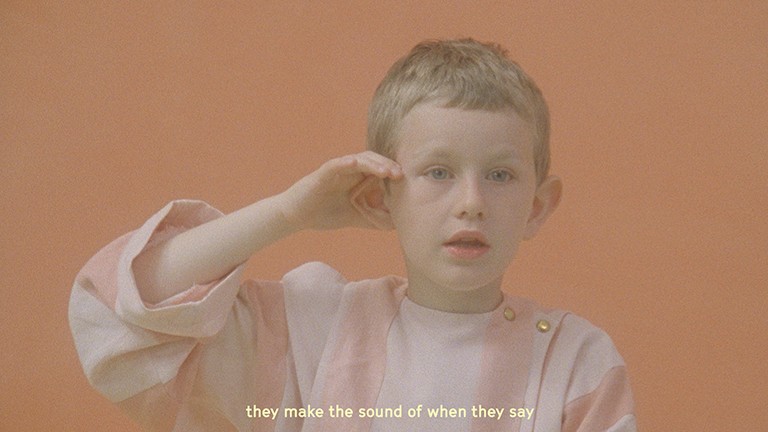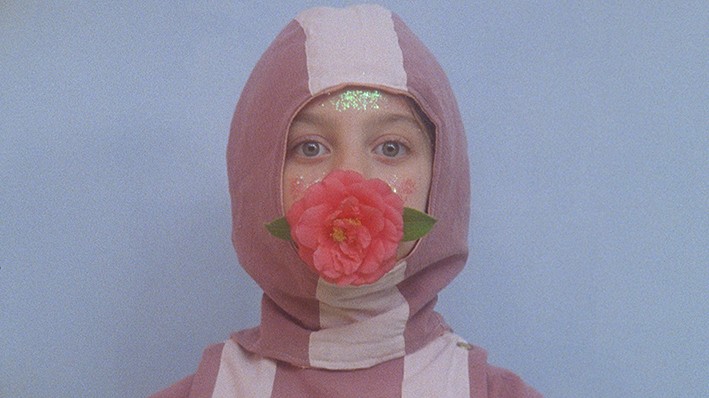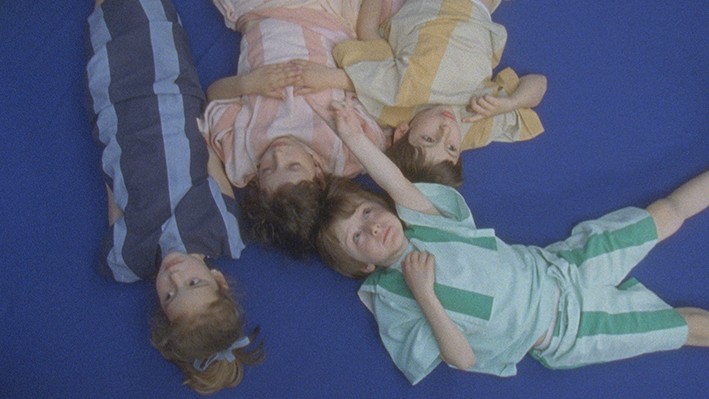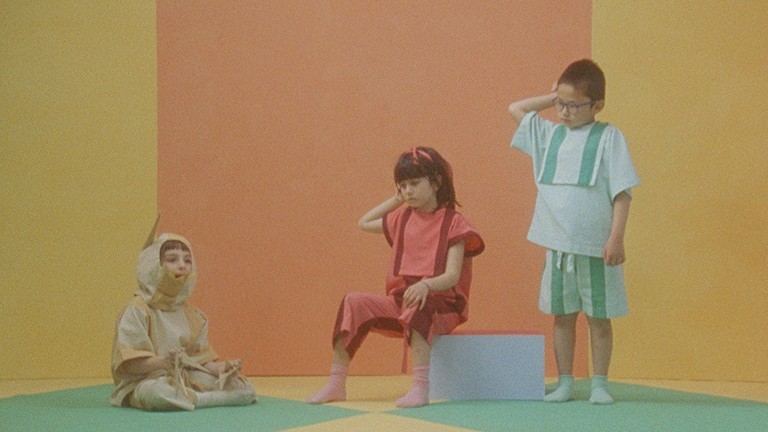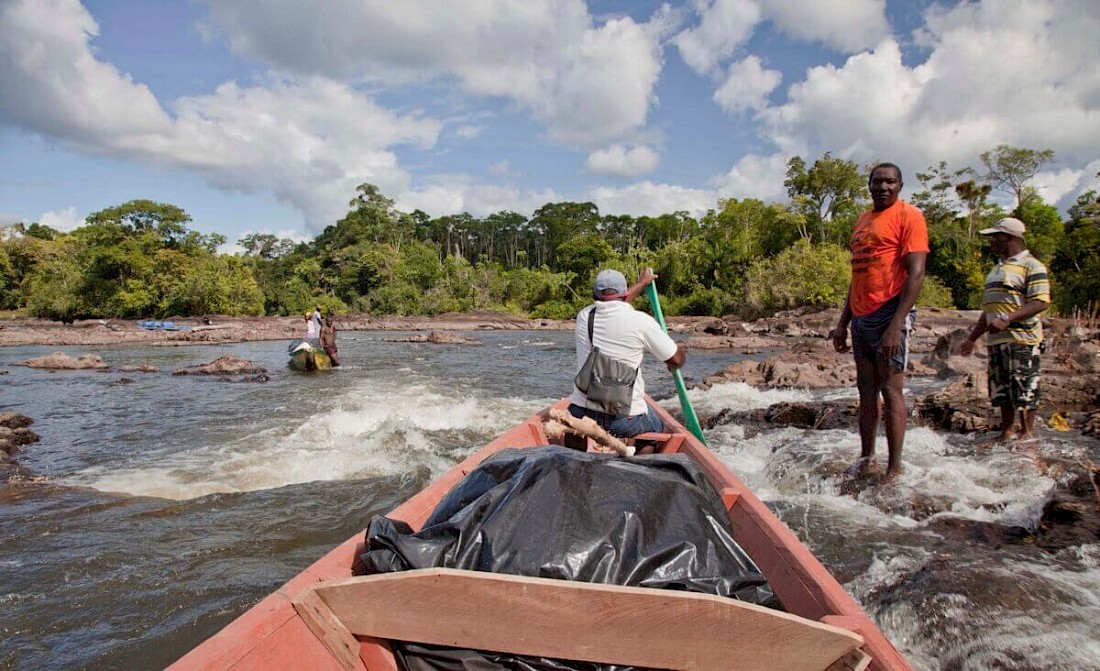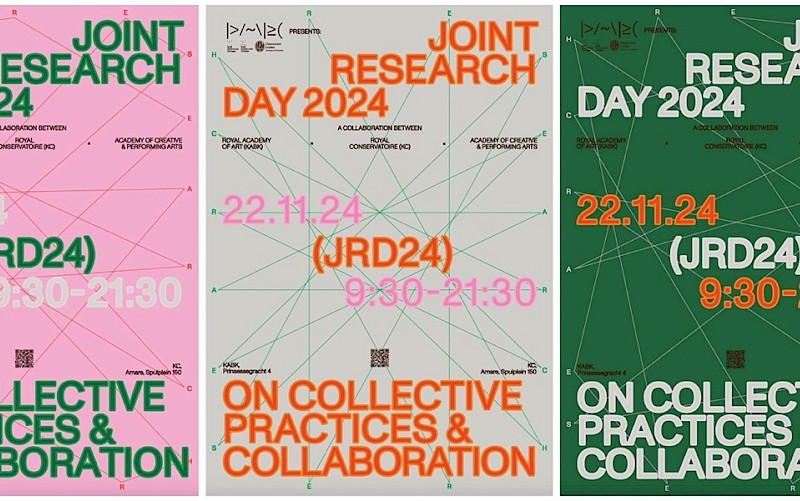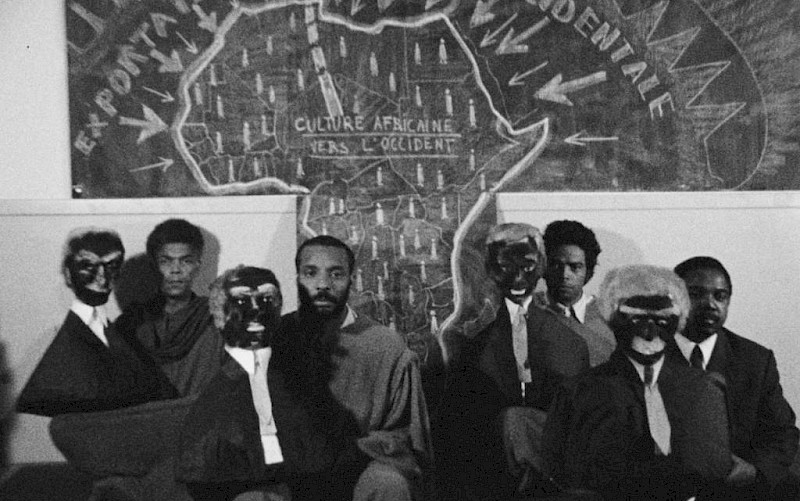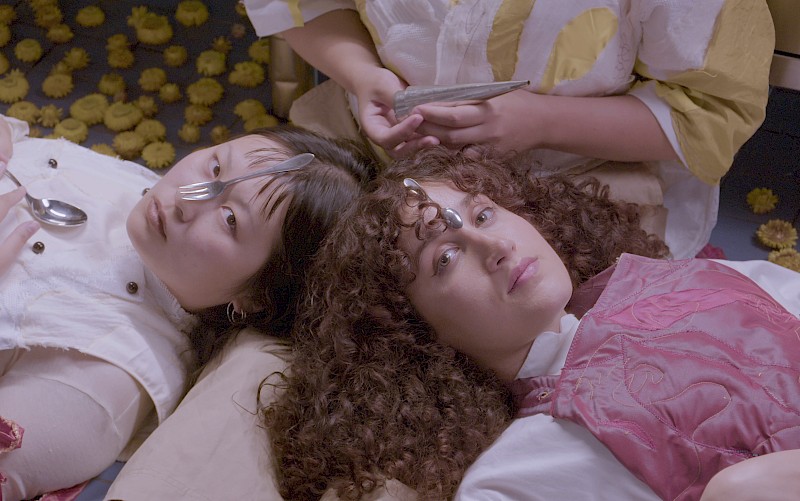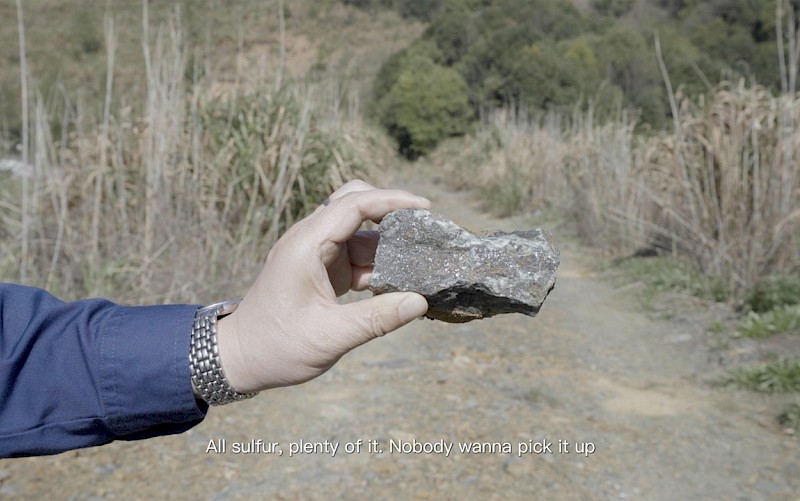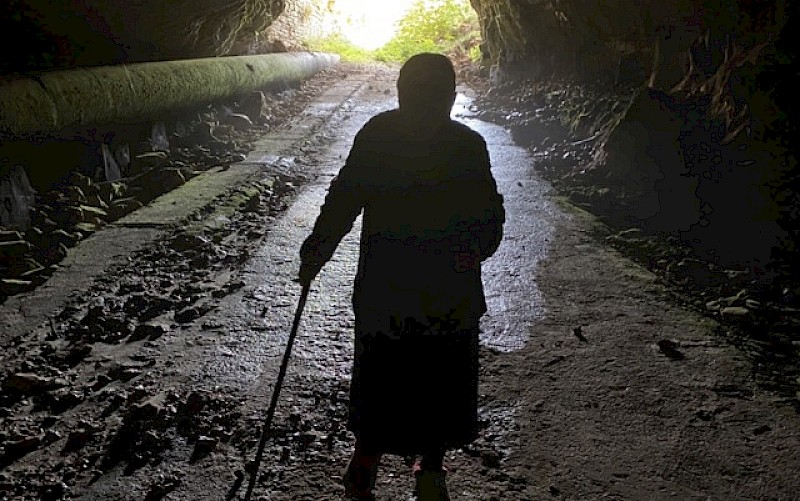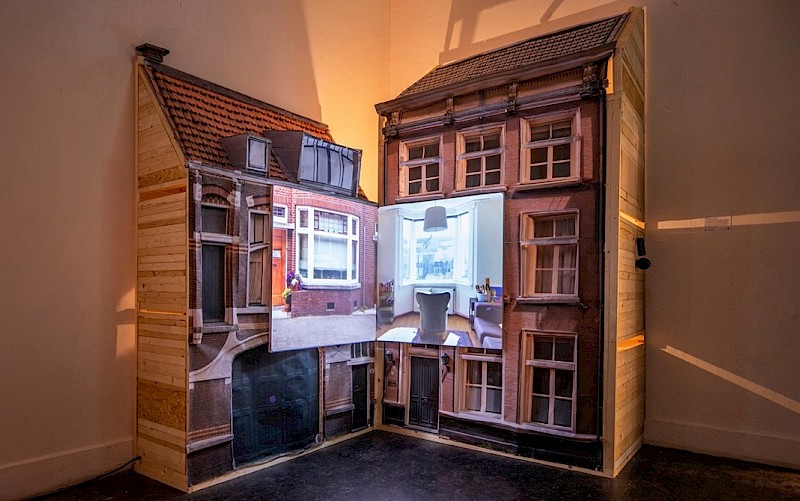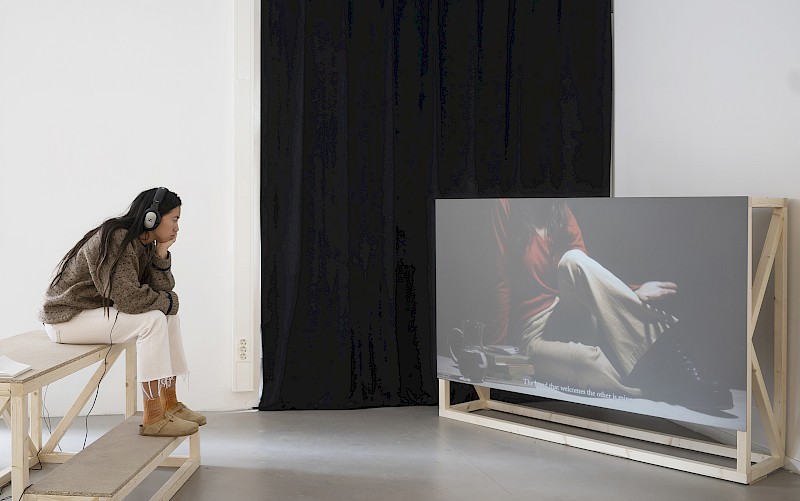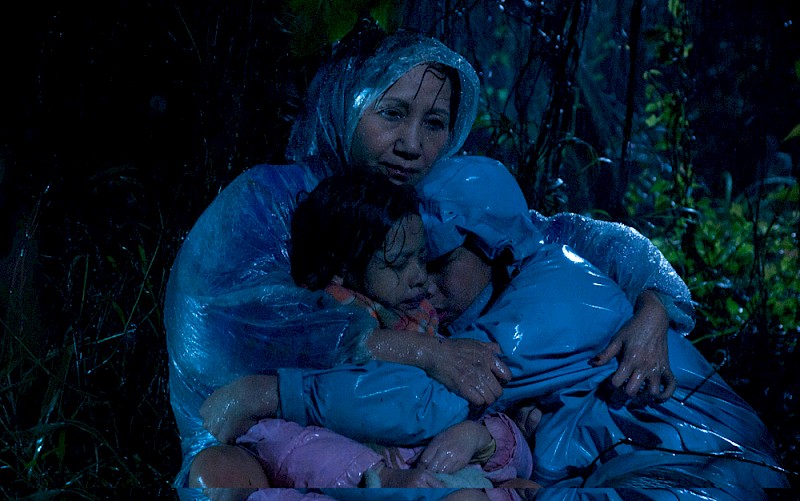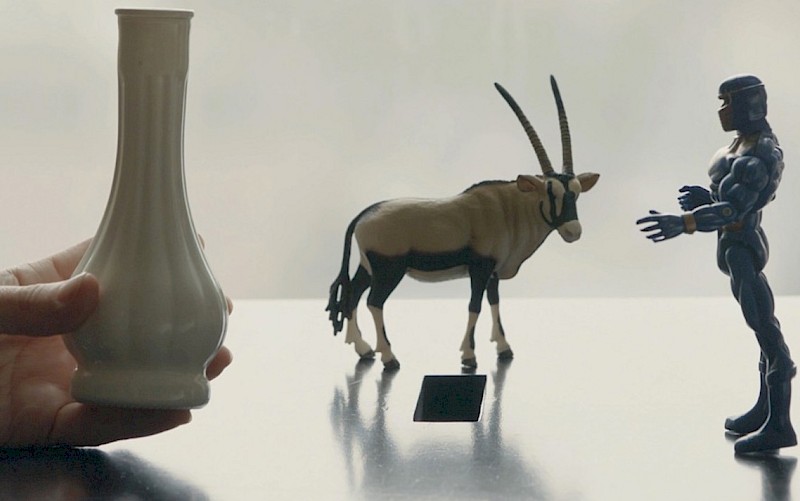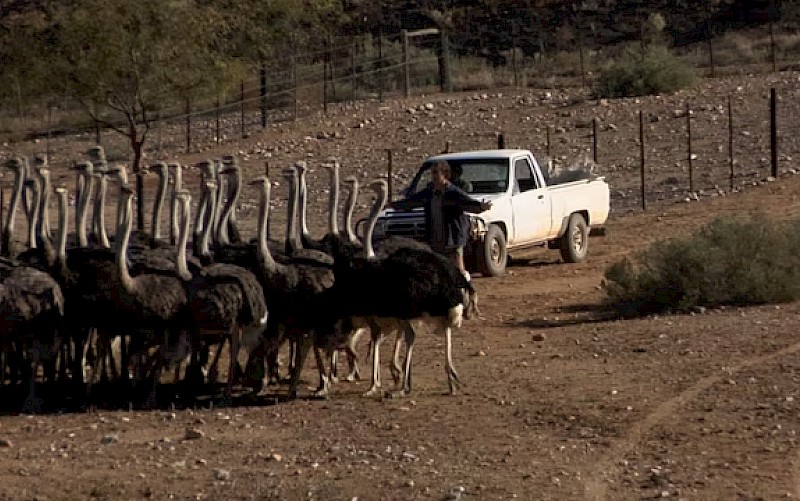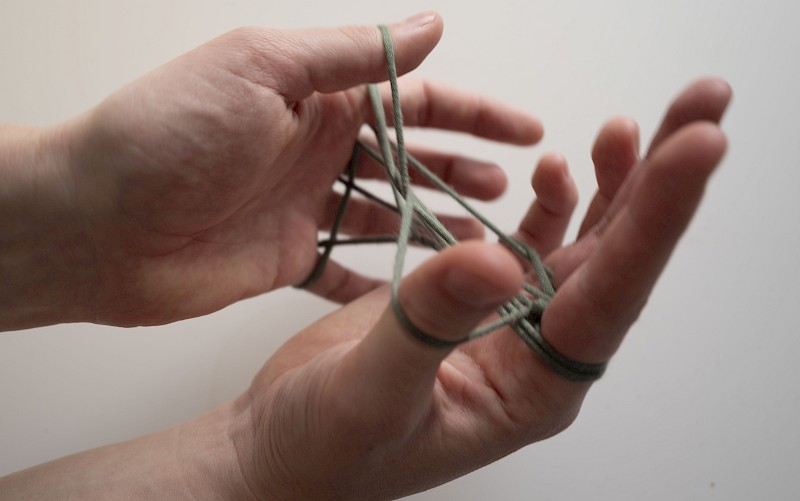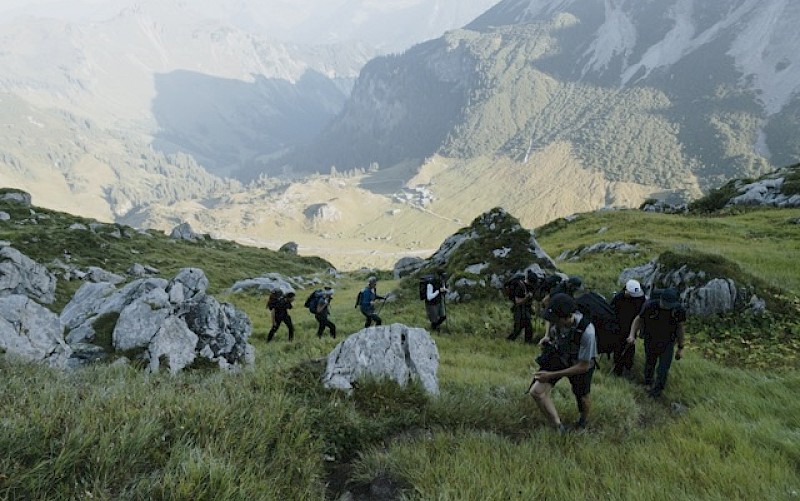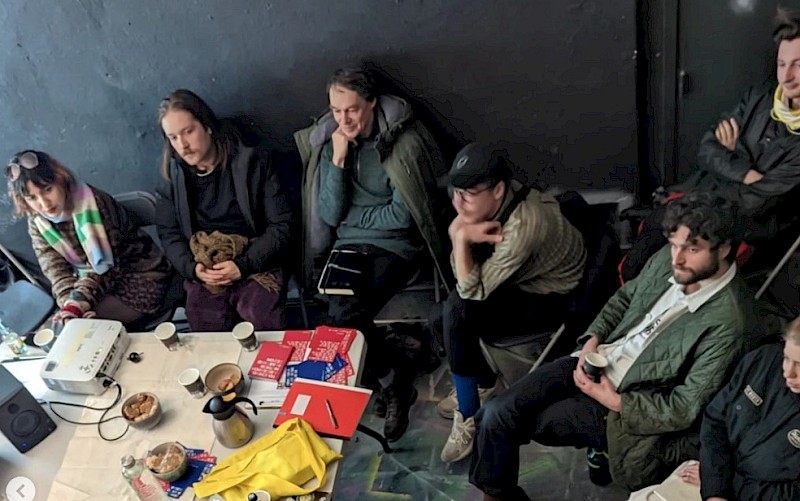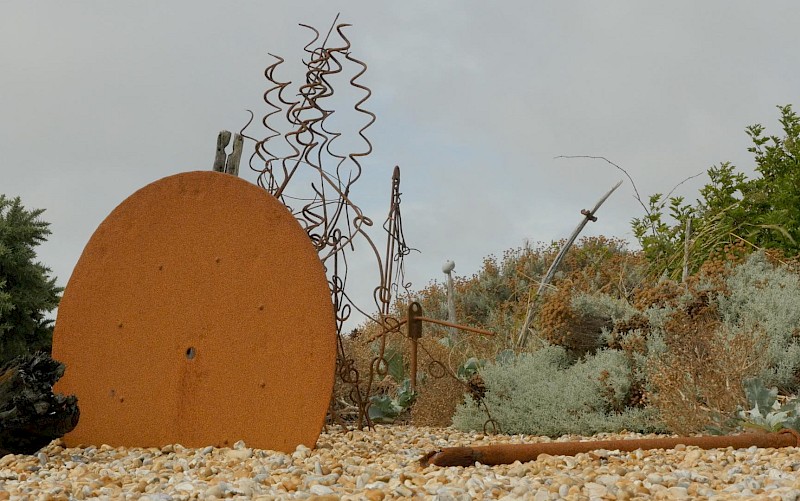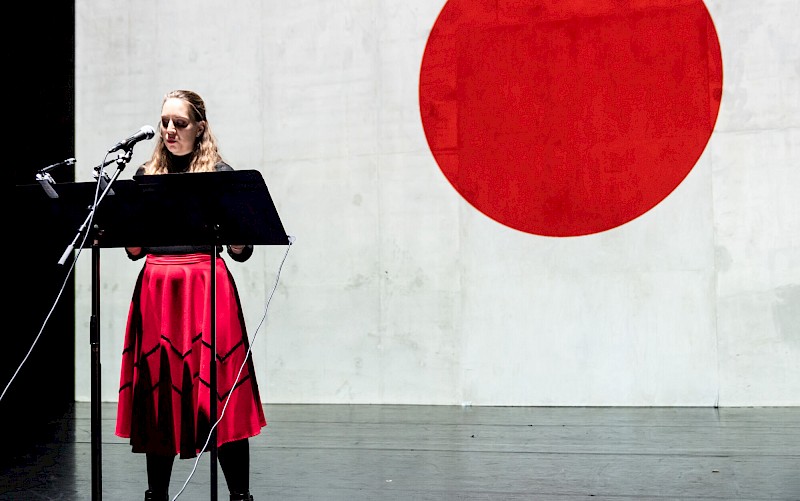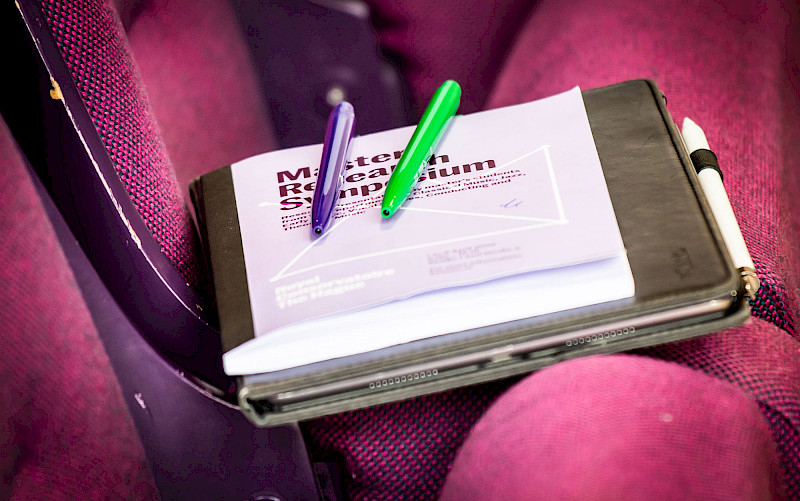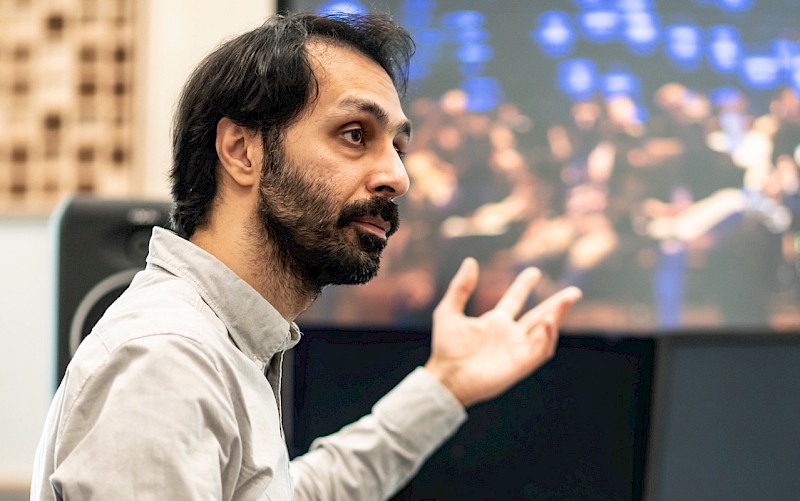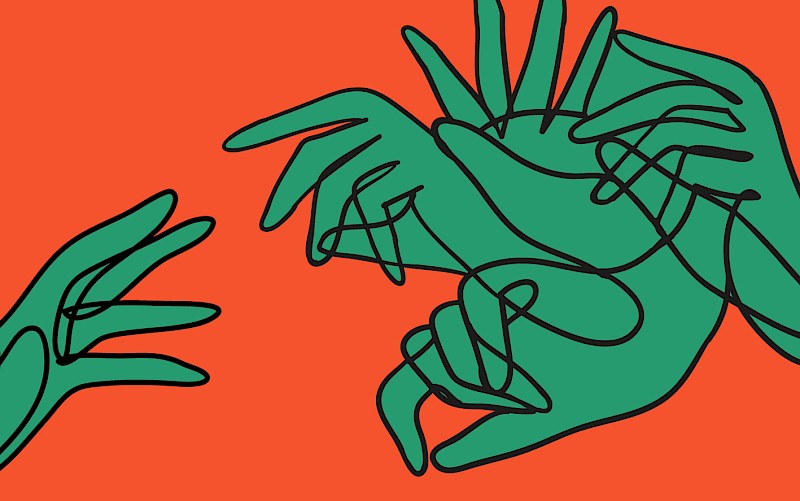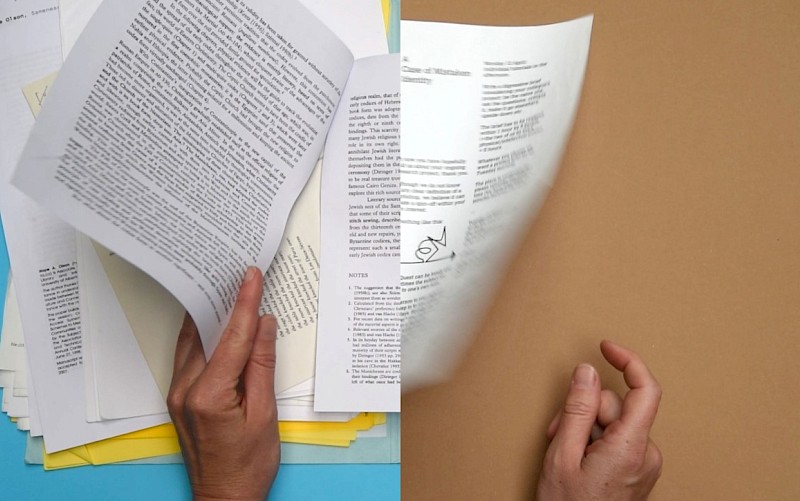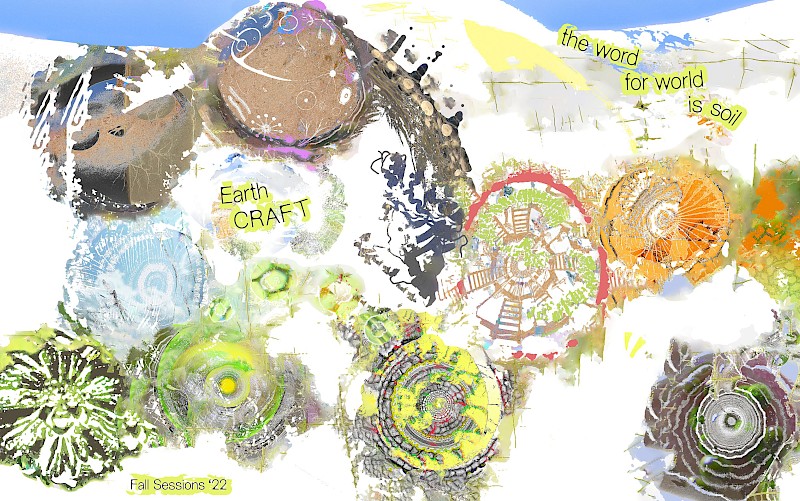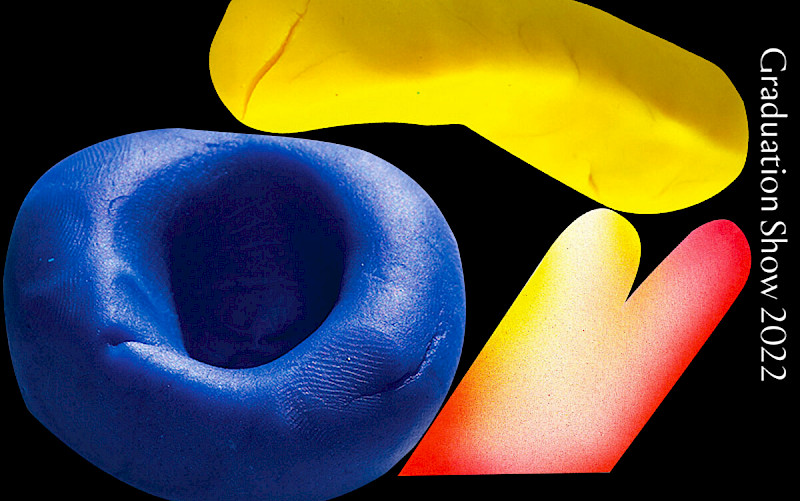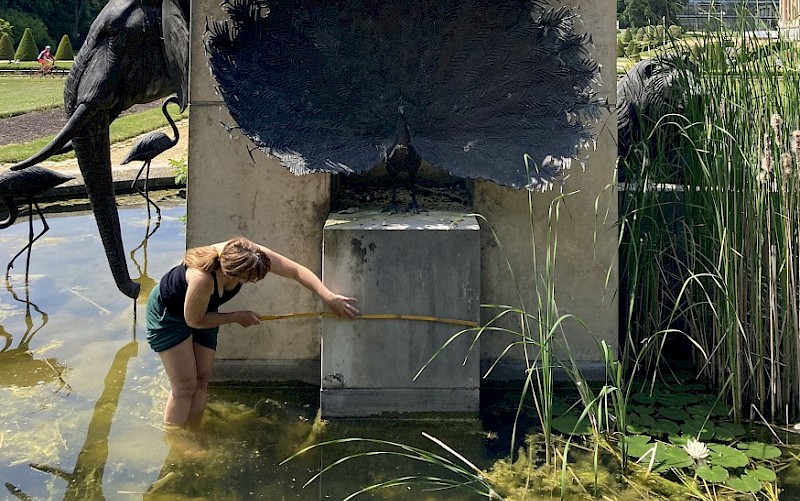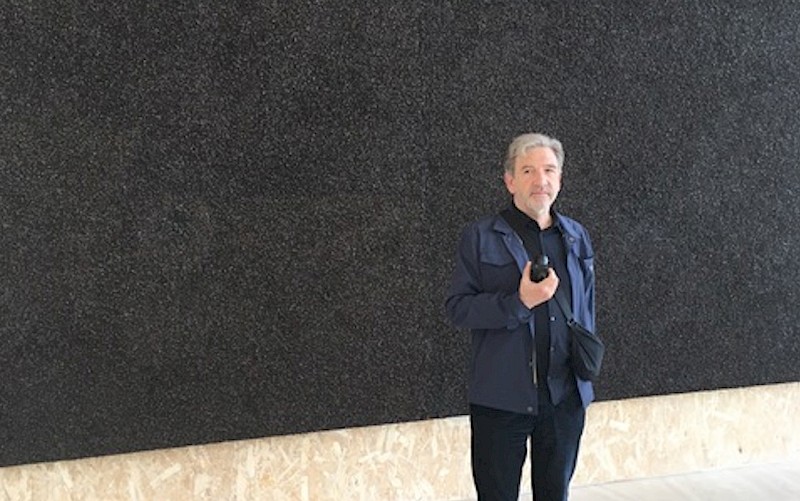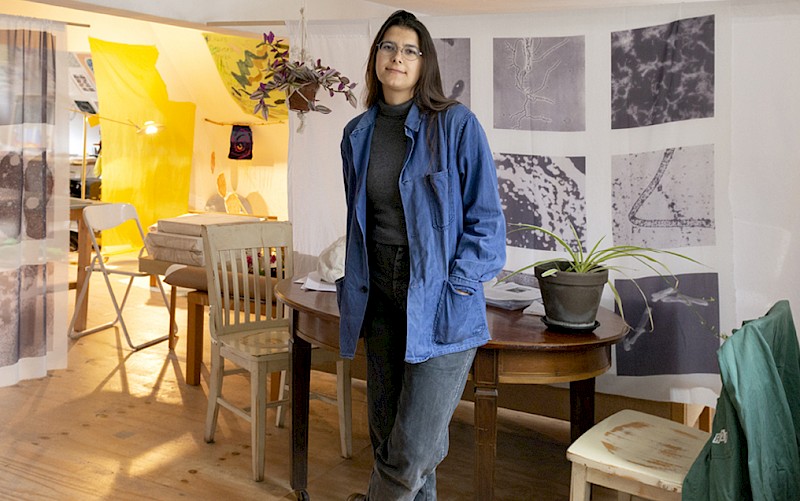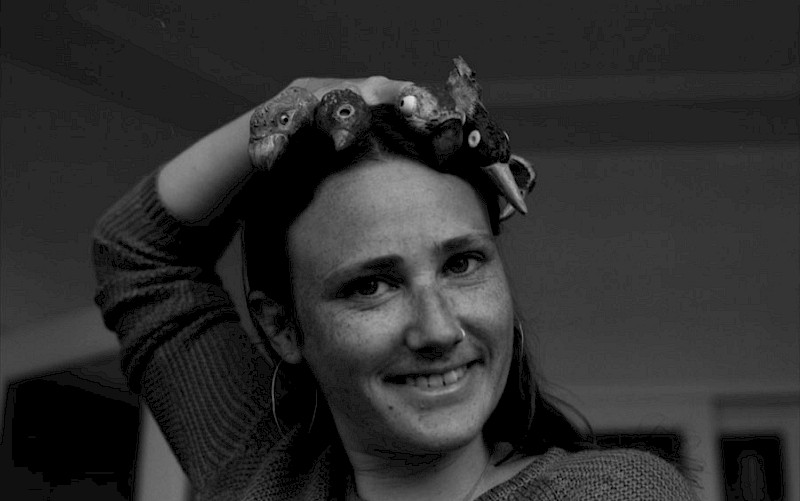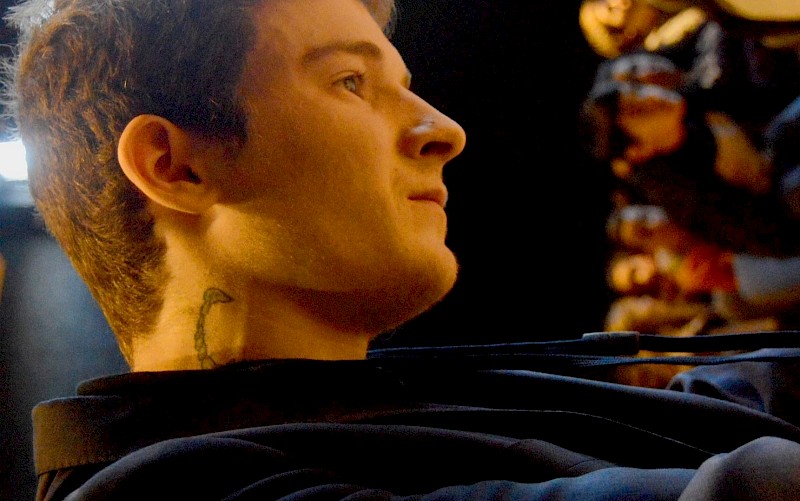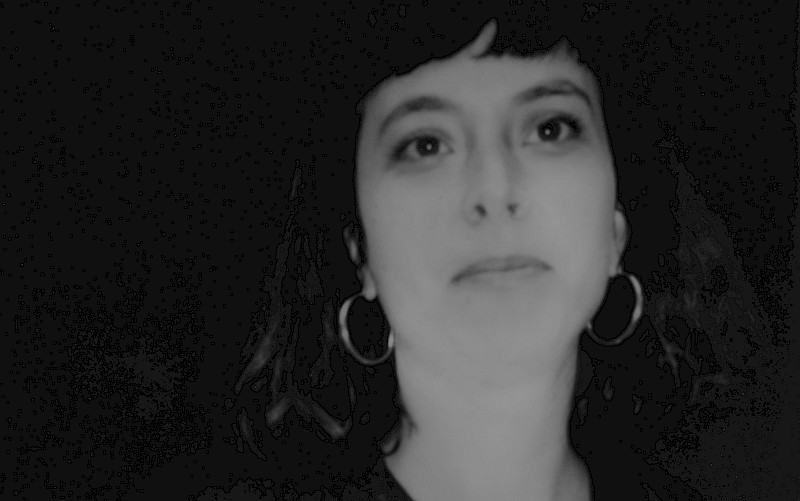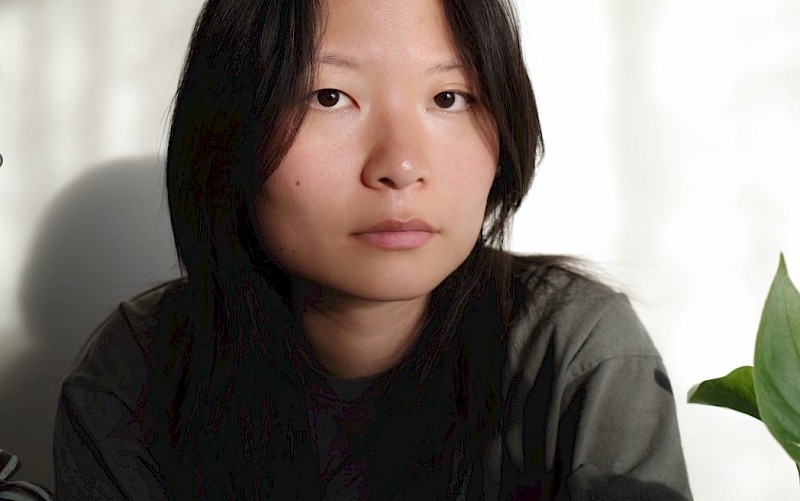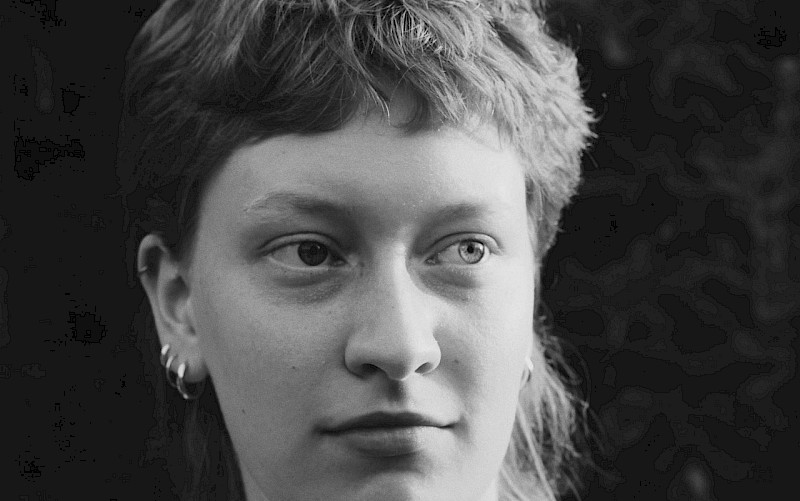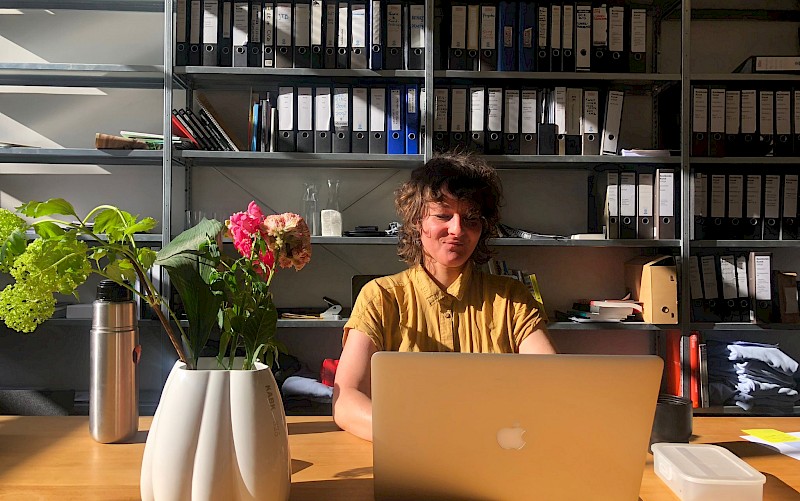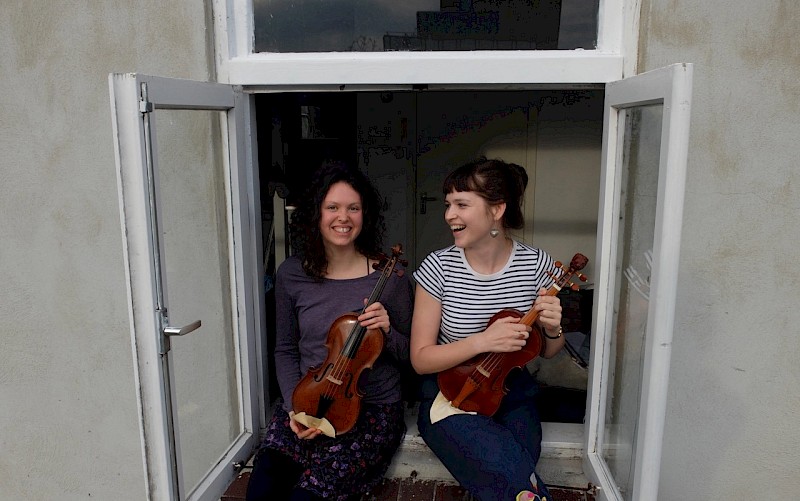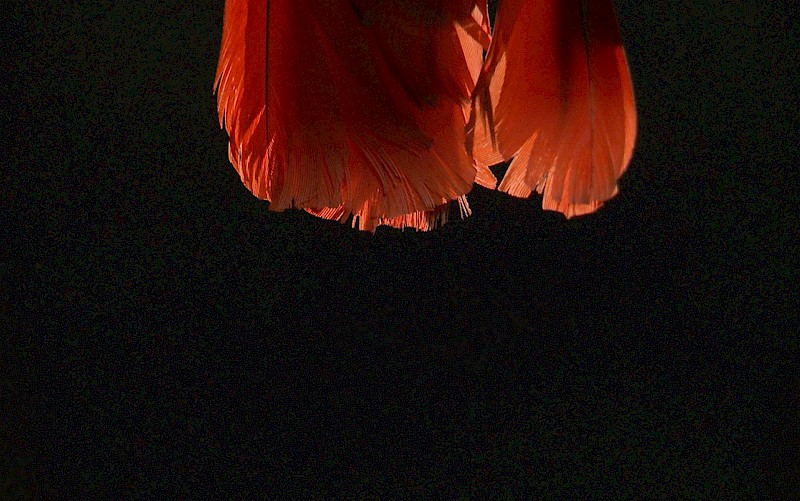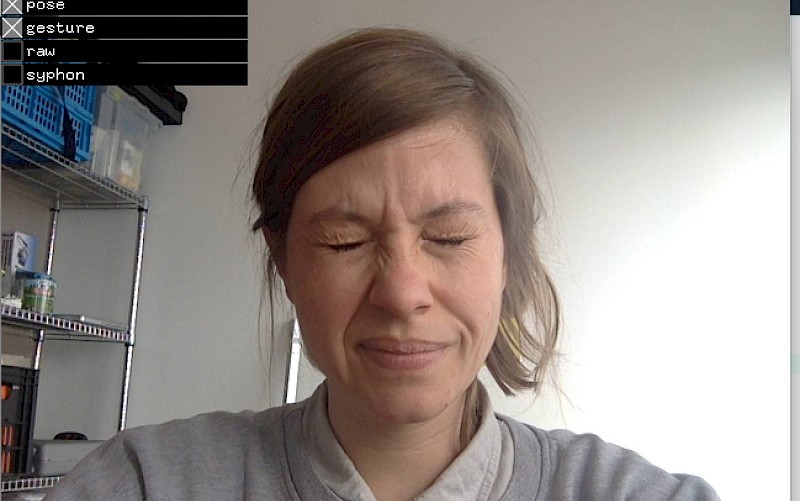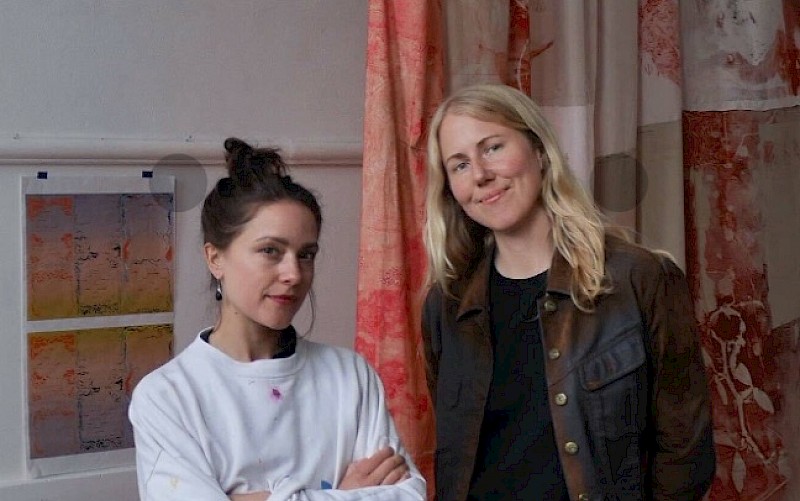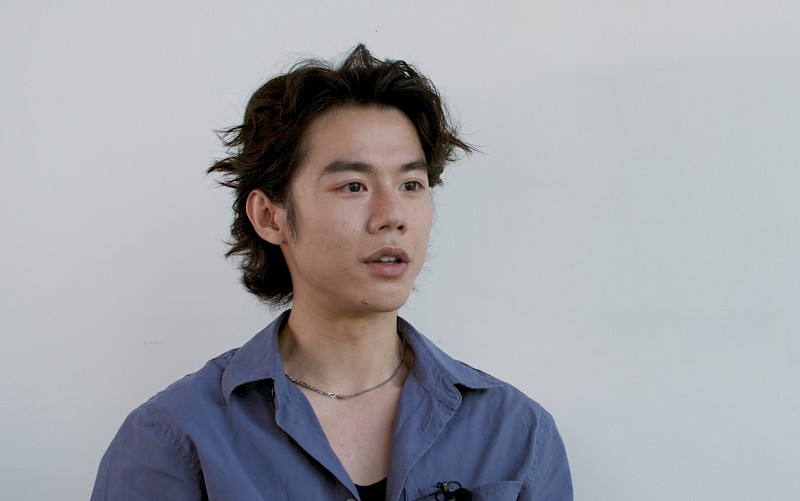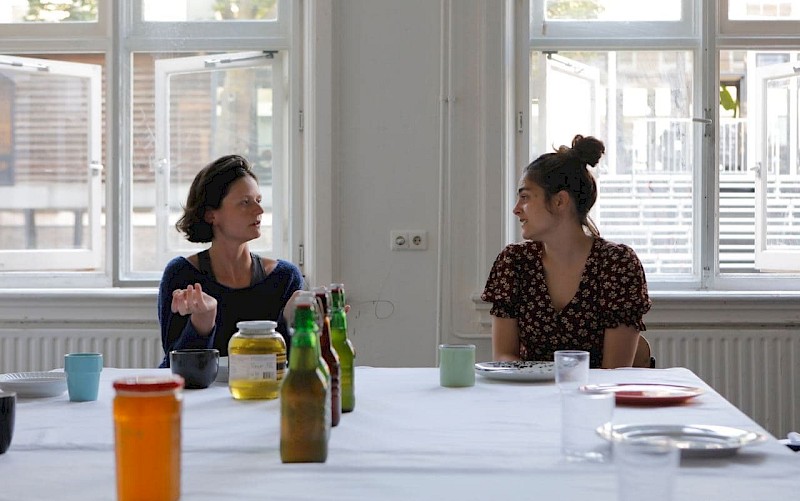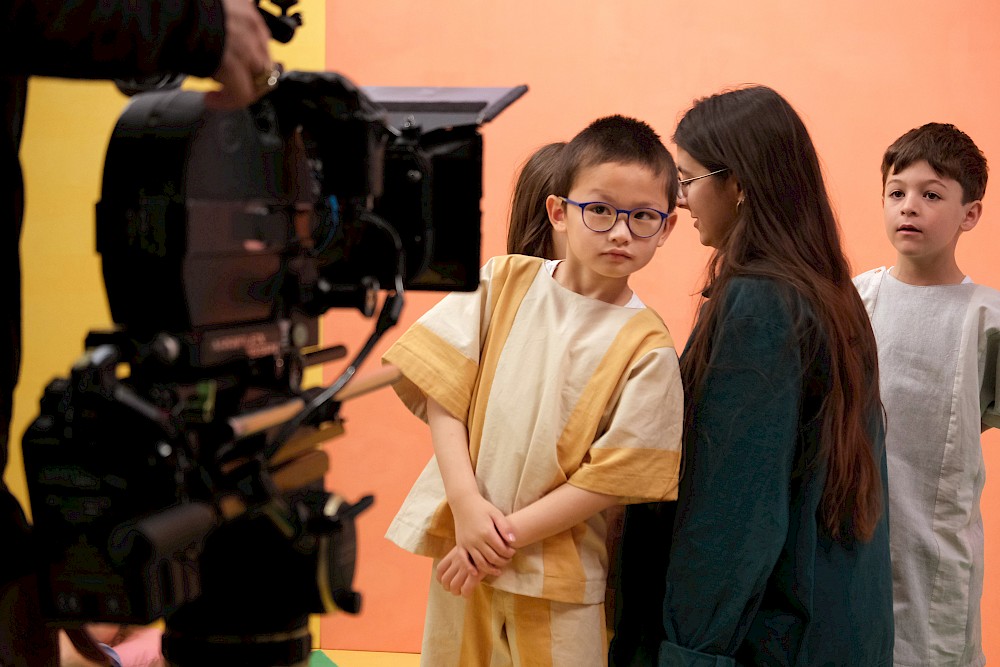
Making Film Together: Collective and Participatory Practices
Lectorate FILM is delighted to present two film projects that have collaboration and collectivity at their heart.
Adele Dipasquale | Lose Voice Toolkit
Adele Dipasquale presents their film, Lose Voice Toolkit (2024), made during a year-long workshop and collective research with a group of schoolchildren from Turin into non-verbal communication as a gesture of refusal, the languages of childhood and the power of silence. After the screening, Adele will engage in a conversation with a member of the FILM Student Research Group about their collective ways of working and how the content, script and costume were made in collaboration with the children.
About the film…
"In a colourful world, children who have enigmatically lost all words are experimenting with sound and language. A roar, a glimpse, a gesture or a move create interactions and discourses. The history of a new way of talking is thus narrated. Adele Dipasquale shows the infinite possibilities of communication that spring from the human imagination. A powerful statement against the ever-growing homogeneity of our world, told with a grace that only children possess." - Rebecca De Pas, IFFR.
Lonnie van Brummelen & Siebren de Haan | Monikondee
Artists Lonnie van Brummelen & Siebren de Haan not only collaborate with one another, but with communities. They will share their experiences of participatory filmmaking throughout the last decade, with a presentation about and screening fragments of their latest work, Monikondee (expected release 2025). Lonnie and Siebren will also take part in a discussion and audience Q&A, moderated by members of the FILM Student Research Group.
About the film…
“Monikondee was made with Surinamese theatermaker Tolin Alexander and in collaboration with the Maroon and Indigenous communities in the Marowijne River watershed in Suriname.
Contemporary urbanites often think that there is no alternative to capitalism, but in Indigenous and Maroon communities in Suriname’s interior the money economy did not play a major role until recently. The forest communities based their economies on other social technologies than money. Also nowadays the inhabitants usually don’t buy their primary necessities in stores, but produce these themselves by fishing, hunting, gathering and cultivating.
Societies where goods and services can be bought, are referred to as “monikondee”, money country. For centuries this world was far from their villages, but as large-scale logging and mining are destroying the bio-diverse ecosystems on which the communities depend for their food supply, they become increasingly dependent on money.
Can the ancestral techniques be re-mobilized to counteract the degradation of their social structures and environment?” — vriza.org
